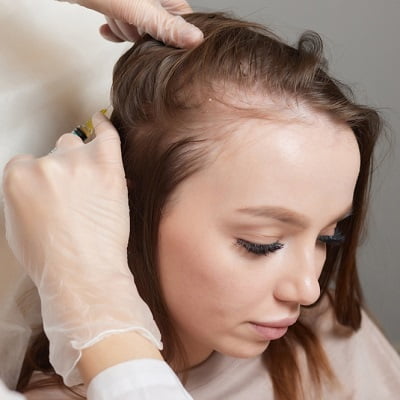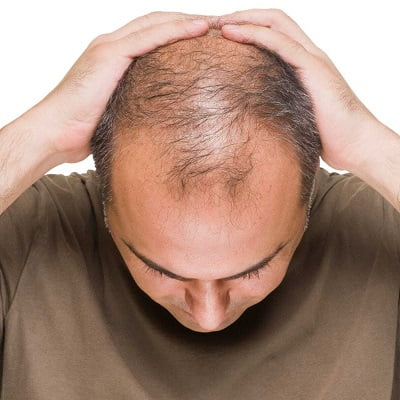Understanding Female Hair Loss:
Hair loss in Islamabad should not be considered a vice for women, as they are also prone to losing hair, and baldness is unhealthy for them. To most people, alopecia is a male-streaming problem, but millions of women experience thinning hair and hair loss. Is there a cure for women’s hair loss? There is some good news though; some treatments and strategies can halt and treat a degenerative condition depending on its cause.
Causes of Female Hair Loss:
Genetic Factors (Androgenetic Alopecia): In medical science baldness is a disease, which has a genetic background. It must be inherited sometimes it’s present in your family, then it can be present in you as well. Androgenetic alopecia also widely recognized as female pattern a type of hair loss that affects hair in the crown.
Hormonal Changes: Alopecia could be occasioned by hormonal imbalances for instance during pregnancy, postpartum, or during the menopausal period and thyroid disorders. Some hormonal-related diseases like polycystic ovary syndrome (PCOS) may lead to thinning of hair or gate or hair loss.
Nutritional Deficiencies: Several Genetic factors that lead to baldness are Hygiene issues and Nutritional deficiencies including iron, vitamin D, vitamin B, and protein. Lack of quality nutrients weakens the hair roots meaning whenever one is pulling hair or even brushing it, they easily fall off.
Stress: This can be physical stress probably through operations, or emotional stress that leads to hair loss which is referred to as telogen effluvium. Stress can even put hair follicles into a resting condition and thus resulting in hair thinning.
Medical Conditions and Treatments: Various medical conditions can cause hair shedding, for instance autoimmune diseases or even scalp infections. Moreover, other treatments that can impact hair thinning are also possible. For example, chemotherapy or radiation therapy can lead to temporary or permanent hair thinning.
Treatment Options for Female Hair Loss:
While alopecia can be concerning, the good news is that there are various treatment options available.
Hormonal Therapy
If the problem involves a hormonal pattern, then attending to the problem would be the solution. Your doctor may prescribe orally administered HRT, or medications for managing thyroid and other hormonal imbalances.
Nutritional Supplements
If deficiencies cause hair shedding, supplements can solve the problem. The following are the supplements for hair growth and strengthening; Iron, Biotin, and Vitamin D.
Low-Level Laser Therapy
LLLT Laser therapy is a procedure that does not involve cutting or causing injury and promoting the growth of hair follicles. They have used it in the treatment of hair thinning in women and have recorded hair growth among these women.
Hair Transplant Surgery
For individuals who have completely lost their hair, they can go for surgery for a hair transplant. Hair transplant surgery involves moving hair from areas of the head that have more hair density and placing it in balding regions.
Stress management
As stress is among the major factors in baldness, what you can do is to find a way of dealing with the stress. Simple things like meditation, yoga, exercise, and speaking to a psych can help get the mind off every day.
Hair Care Products:
There are shampoos, conditioners, and scalp treatments with a special focus on hair thinning. These products may have ingredients, such as biotin, keratin, or peptides, which feed the hair follicles and encourage hair growth.
Final Thoughts:
Despite there being no known panacea for female hair loss. Finding the root of the problem will often be the best way to find a solution. By altering medications, diet, and sleep habits, an individual can prevent and slow down the rate of hair loss. If you still losing more hair than usual, it will be advisable at this time to see a surgeon. Find out what exactly is wrong with you. So, visit SKN Cosmetics for consultation and to find out if is there any cure for your hair thinning in Islamabad.



